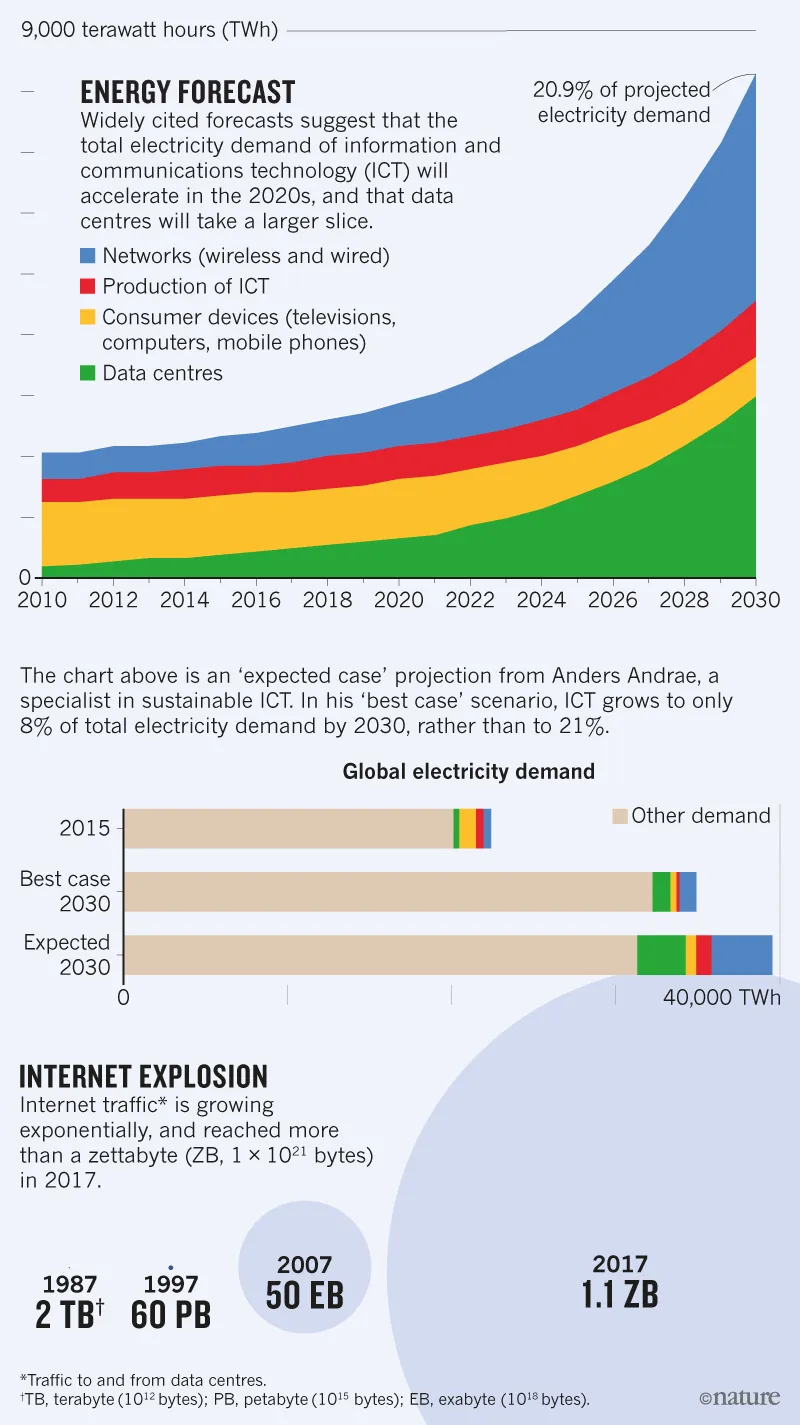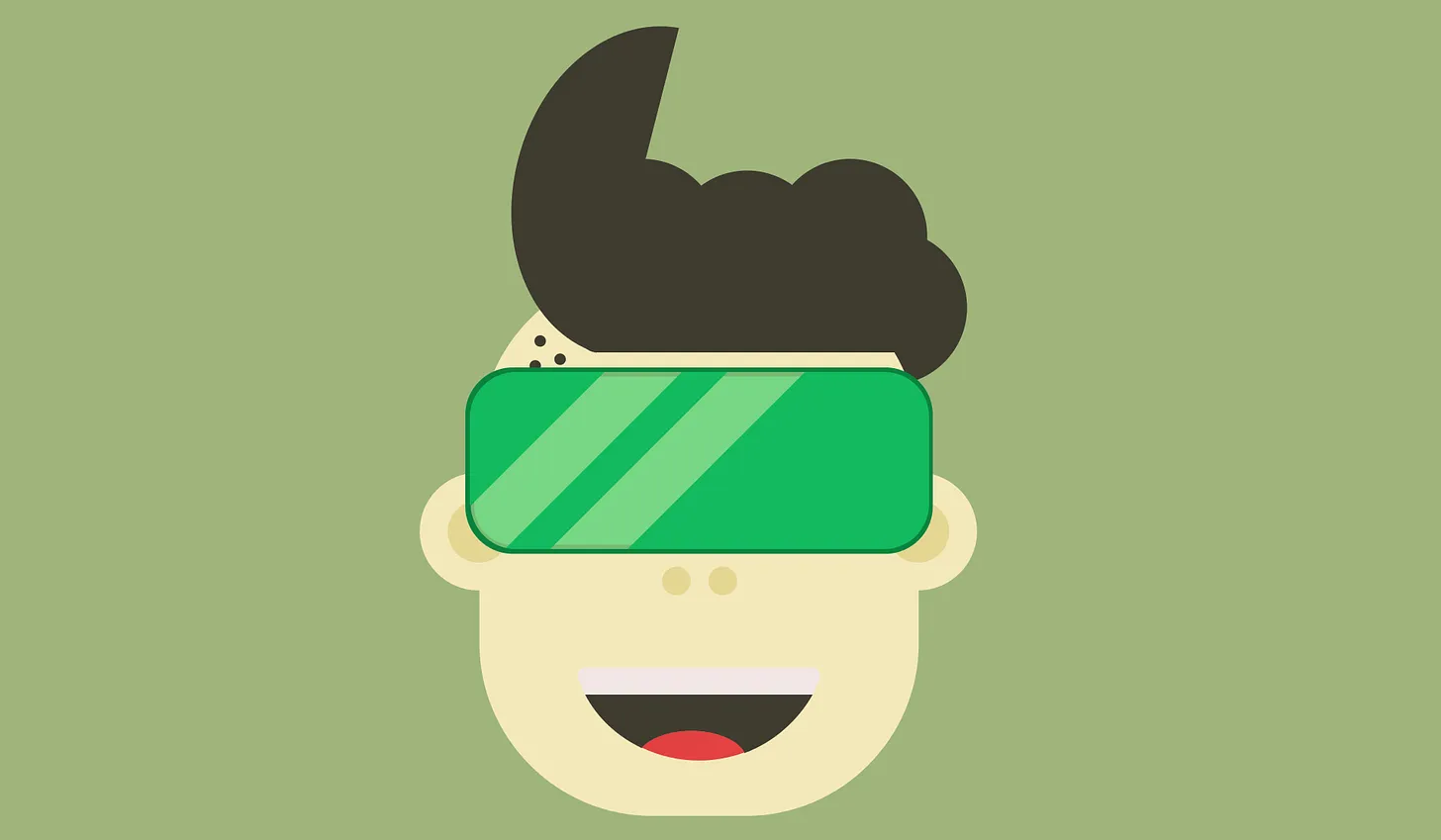Technolucidity: where Amish are right


The fact is, as previously said in my article about monotropic capitalism, the aim for control over reality and people regularly give birth to insane ideas and insane programs (whether political or commercial).
Do we really need a TV, a smartphone, a tablet, a laptop and a desktop? Are they really necessary to our happiness or are they the result of our own despair to find sense and connection with other people? Are not we full of addictions with technology?
The crisis of hysterical technology
Everyone probably experienced one day in his life how a promising party can turn in no time into a smartphone party, where everyone is looking half zombified at his screen, sluggishly sharing Facebook, Instagram, Twitter, or other posts, half-laughing, half-smiling. Where each time someone has a question or a doubt about something, people instantly summon Google as the all-knowing god-computer.
Thing is, not only is the content on the internet rarely accurate, or even real, and the answers to our questions often incorrect (thanks to the SEO bias), but our now instinctive behavior toward internet and the smartphones (fed by brain chemicals mostly) let us a feeling of frustration and incompleteness.
Worse, we stopped training our brain to be able to work without the assistance of a gigantic but no less biased numerical web.
We tend to forget that Internet content is written by people, that these people make mistake and sometimes do not even care to not make mistake, or lie shamelessly for some reason.
We tend to forget that not everything is out there on the web, and that censorship is still a thing because of the centralization of the internet services (providers, search engine, code, etc.).
Another point, the energy balance of the internet is hugely negative if we compare it to what it really brings to humanity (this is subjective of course, but a vast amount of testimonies shows that people are less happy now than before and we consider that the overuse of technology and internet are parts of the problem).

There are different explanations for this explosion but the most important element to remember is that the vast majority of the human use of the internet is only the result of addictive behavior and powerless derivative to our social and spiritual frustrations. The rest is mainly filled by surveillance automation and big data.
Things could be a lot simpler, easier and more relaxed.
The same goes for companies that are trapped in endless normative protocols, regulations, reports, and data, data, data everywhere, and forever.
This is obviously not synergetic at all.
In addition to that, the evident project of mass surveillance and control coming from corporations and governments is not helping to get rid of the nonsense.
I talked here of the internet, because it is a convenient way to show how dramatically insane our society is regarding this new trend. But the same observation could be done with over-mechanization of agriculture for example, or the way houses are built, with material impossible to reuse.
The fact is the race to speed is one of the most irresistible and pervert human phenomenon in the modern world.
Why are we always building roads bigger? Do we really need 5G, 6G and optic fiber? Why are we looking for things to go faster while, at the same time, we complicate everything? Why are we always running to complete tasks that are not even really useful, durable and give us no feeling of contentment?
Probably are we fleeing from death and our inability to contemplate our existence as it is, ephemeral but with no less responsibility. The urge of some people to reach spaces of deep silence and spirituality tend to confirm that hypothesis. Sure, facing reality is frightening, but it seems also the only way of genuine happiness.
Another important thing is: most of the time, we simply do not need, nor ask for these technologies, they are imposed on us without our consent and forced by standards and constraints of use, like the Internet itself has been with what has been called “dematerialization”.
Softening technology and sorting out our desires
Technology is not a problem by itself, like science is not intrinsically a problem. All depend on what are our intentions and how we think we can fulfill them.
First, if we manage to reduce our addictions and find ways to improve the quality of our social interactions, if we create, find and preserve spaces of meditation and spirituality, if we look honestly at our frustrations, what amount of technology do we really need to feel content, to experience a meaningful life?
Once, I lived for a few months in the mountains, in France, with friends, spending time working, gardening, cooking, hiking, having fun with my friends and flirting with some cute girls.
The only technology we had in our house was light bulbs and a water heater.
After three weeks of this life, I had no idea where my phone was, I forgot that I had an email address and barely never went on the Internet. I simply didn't need it anymore.
With the right circumstances, the shift can be really quick to happen and the deep feeling of contentment can appear in no time.
What I keep from this experience is not to throw away any form of technology just because it is a modern alienating thing, but rather to scale its usage to our real needs and that most of our use of the technology nowadays is just the result of an inner suffering that can be relieved and solved with the appropriate actions.
If we carefully sort out what we really desire and what is just some addictive reflexes that are not able to bring us a genuine happiness, we make the first step to adapt technology to our real selves, and not adapt ourselves to technology.
Solutions to madness

Of course, for now, just a few people will make the effort to reconsider their lives and take actions to fulfill it at their best.
It is not a problem as far as these people are numerous enough to create spaces of life of their own, even if it means going against a world that does not want them to live this way.
The Amish communities are one of the most interesting examples of a way of life technologically aware (other similar communities exist around the world, like in Romania or in Ukraine). Some could think that their approach is excessive and probably will not fit everyone's need. But it is still a source of inspiration and information.
Some of these communities are not rejecting all form of technology, but just keep the electrical ones away from their home and do not place it at the center of their lives. This is an excellent way of dealing with technology.
The thing is, most people could have enough of modern means of communication in a collective media center that is used by their community. We do not necessarily need to have phones and computers at home. Better: we probably should not have them at all for the greater good of our families.
Many agricultural activities involving high-technologies could be stopped in exchange with other forms of production like agroforestry or silvopasture. All of this is possible by sacrificing our previous way of thinking and living, by daring to go toward a different and probably better life, where we could fulfill almost the same needs by doing less, better, healthier and having more time to rebuild worthy relationships between us.
Most tractors nowadays are machines of exploitation: from the peasant to the soil and from the constructors to the peasant. It could be different and we could realize that much of our use of these machines is doing more harm than good and make our lives more difficult, even miserable in some cases. We could create far simpler material and many tools that do not need electricity, without losing almost any comfort.
We could start again to buy physical books, that will be useful for generations, even if they become censored, even if we lose our access to electricity! Rediscover that reading on paper is far more relaxing than reading on a computer screen.
We could listen to music on vinyl turntables, that are easier to manage and repair, with disks that can keep a high quality of music for decades (that many people actually never heard in their life).

We could create a light and minimalistic internet, that does not need a gigantic bandwidth and that is built by design to delete irrelevant data after a short period of time.
We could have simple computers, used collectively, that could last for a century, and that we would not need to carry everywhere. The same could go with phones, and we could re-learn to wait for an answer from someone instead of expecting it in the next ten minutes. Maybe we could write mails again instead of emails. Would it really be a regression? Would it be for us a big loss of happiness?
Things could be much more synergetic if we dared to step out of our mental conditioning and try other ways of living.



